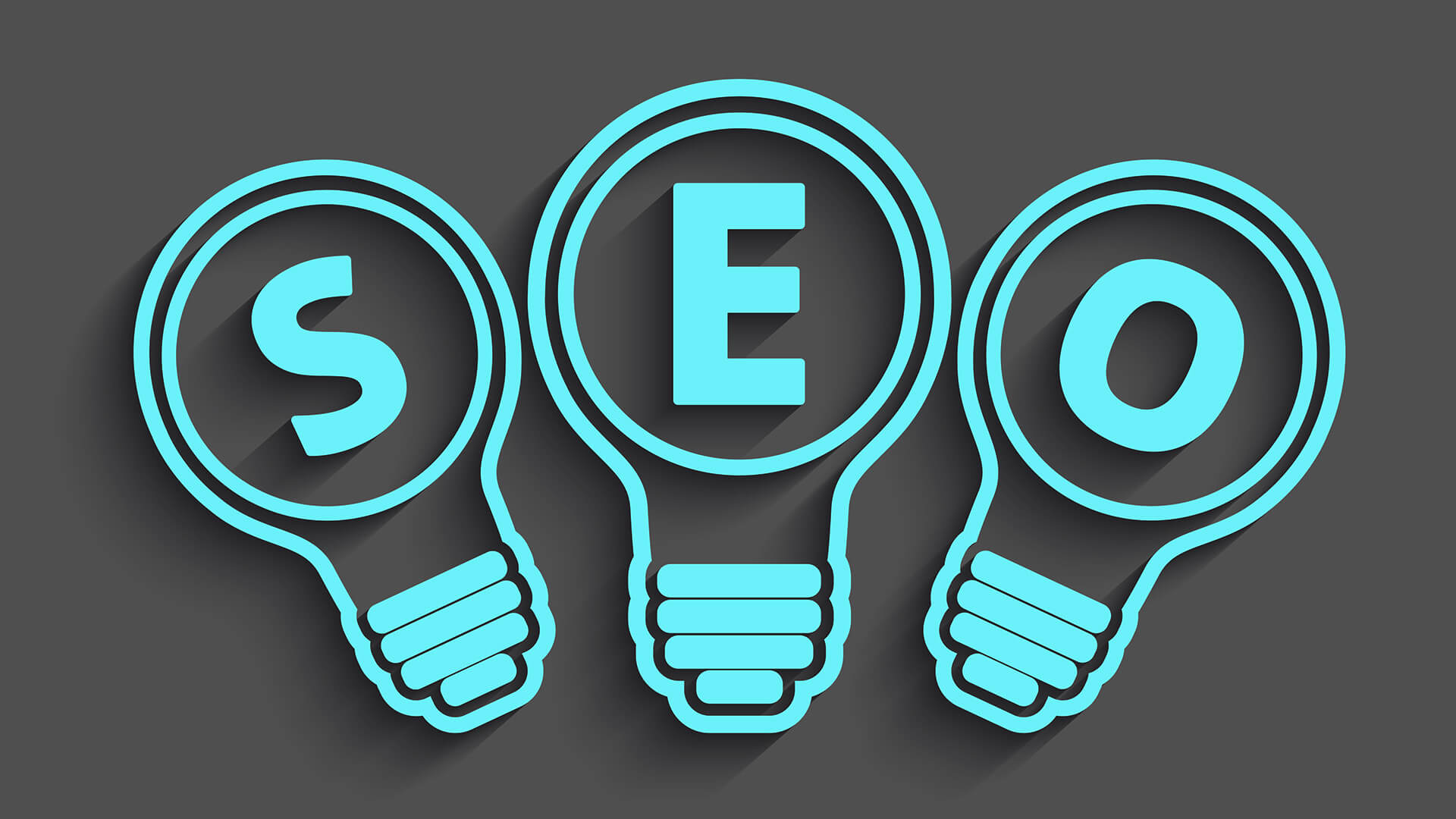In today’s digital world, having a strong online presence is crucial for businesses, brands, and even individuals. A well-optimized website can significantly impact how easily your audience can find you, making Search Engine Optimization (SEO) and Search Engine Marketing (SEM) essential tools for online success. Whether you are a small business owner, a large corporation, or an independent entrepreneur, working with an SEO expert and understanding the core concepts of SEO and SEM can give you a competitive edge in the digital marketplace.
What is SEO?
SEO, or Search Engine Optimization, refers to the practice of optimizing a website or online content to increase its visibility in search engine results pages (SERPs). The goal is to make your website rank higher for specific keywords that users might search for on platforms like Google, Bing, or Yahoo.
There are two primary aspects of SEO: on-page SEO and off-page SEO.
On-Page SEO
On-page SEO refers to the elements on your website that you can optimize to improve rankings. These include:
Keyword Optimization: Using relevant keywords that match user search queries.
Meta Tags: Crafting compelling title tags and meta descriptions for each page.
Content Quality: Providing valuable, informative, and engaging content for your users.
Internal Linking: Creating a logical internal structure that links related pages together.
Mobile Optimization: Ensuring your website is mobile-friendly for users accessing it via smartphones and tablets.
Off-Page SEO
Off-page SEO involves actions taken outside of your website to improve its ranking, primarily focusing on building your site’s authority. This can be done through:
Backlinks: Acquiring links from other reputable websites that point back to your site.
Social Media Signals: Sharing content on social media platforms, as search engines value social activity.
Influencer Marketing: Engaging with influencers who can help spread your brand and content.
What is SEM?
Search Engine Marketing (SEM) is a broader term that encompasses various strategies to improve a website’s visibility on search engines. While SEO focuses on organic rankings, SEM involves both organic and paid methods to drive traffic to a website. One of the most commonly used forms of SEM is Pay-Per-Click (PPC) advertising, which allows businesses to pay for ads that appear at the top of search engine results.
PPC Advertising
PPC campaigns allow businesses to target specific keywords and appear in the sponsored section of search engine results. Advertisers pay a fee every time their ad is clicked. Google Ads is the most popular platform for running PPC campaigns, where businesses can bid on keywords related to their products or services.
The main benefit of PPC is the ability to achieve instant visibility and targeted traffic. However, it can become expensive over time, especially for competitive keywords. An SEM expert or agency can help manage PPC campaigns effectively to maximize return on investment (ROI).
The Role of an SEO Expert
An SEO expert is someone who specializes in helping websites rank higher in search engines. They have in-depth knowledge of SEO strategies, algorithms, and best practices. The role of an SEO expert involves understanding the search engine algorithms, audience behavior, and industry trends. Their primary goal is to drive organic traffic to a website, improving the visibility of the brand in search engine results.
Key Responsibilities of an SEO Expert
Keyword Research and Analysis: SEO experts start by conducting thorough keyword research to identify the terms and phrases that users are searching for. This allows them to target the right audience and optimize content accordingly.
On-Page Optimization: SEO experts ensure that all elements of a website, including titles, headers, images, and URLs, are optimized to improve rankings.
Technical SEO: They also address the technical aspects of SEO, such as improving website speed, mobile-friendliness, and ensuring that search engines can crawl and index the site effectively.
Content Creation and Strategy: SEO experts help create high-quality content that resonates with the audience and satisfies search engine requirements.
Link Building: Building a network of high-quality backlinks is one of the most effective ways to improve a website’s authority. SEO experts use white-hat techniques to acquire these backlinks.
Monitoring and Reporting: Once the SEO strategy is in place, experts regularly monitor the performance of the website, adjusting strategies based on data and analytics.

The Role of a Search Engine Marketing Expert
An SEM expert, on the other hand, focuses on using both paid and organic techniques to increase website visibility. While they may also have SEO expertise, their primary focus is on managing paid search campaigns, such as PPC, and making data-driven decisions to optimize these campaigns for the best results.
Key Responsibilities of an SEM Expert
Paid Campaign Management: SEM experts are responsible for running PPC campaigns, including keyword bidding, writing ad copy, and managing the budget. They use platforms like Google Ads, Bing Ads, and social media advertising to drive traffic.
A/B Testing: To maximize the effectiveness of paid campaigns, SEM experts continuously run A/B tests to compare different ad variations and determine which performs best.
Landing Page Optimization: SEM experts ensure that the landing pages linked to ads are optimized for conversions. This includes making the page user-friendly and relevant to the ad.
Campaign Analysis and Reporting: Like SEO experts, SEM specialists continuously monitor the performance of paid campaigns and provide reports on ROI, click-through rates (CTR), conversion rates, and more.
Cost Control: One of the significant challenges in SEM is managing costs. SEM experts help ensure that each campaign delivers the best results for the lowest possible cost, using techniques such as keyword optimization and negative keywords to improve targeting.
SEO vs. SEM: Which One Should You Choose?
The decision to focus on SEO or SEM depends on the business’s objectives, budget, and timeline. Here are some factors to consider when choosing between the two:
Budget: SEO is an investment in long-term growth, while SEM provides quicker results but requires continuous financial investment.
Timeframe: SEO efforts can take months to yield noticeable results, whereas SEM campaigns can generate traffic almost immediately.
Competition: For highly competitive keywords, an SEM campaign may be the best way to achieve visibility quickly. On the other hand, SEO is a great strategy for establishing long-term, organic growth.
Goals: If you want immediate traffic and leads, SEM is the way to go. However, if you want sustainable, long-term results with a higher ROI, SEO is a more suitable strategy.
In many cases, businesses benefit from using both SEO and SEM strategies in tandem. SEO builds organic visibility, while SEM drives immediate traffic and paid leads.
Conclusion
In a world where digital presence can make or break a business, SEO and SEM are vital components of any online marketing strategy. An SEO expert focuses on improving organic search rankings, while an SEM expert handles paid search campaigns to ensure a steady flow of targeted traffic. Both fields require a deep understanding of the algorithms, market trends, and consumer behavior. By working with skilled experts in SEO and SEM, businesses can increase their visibility, attract more customers, and ultimately grow their online presence in a competitive marketplace.











